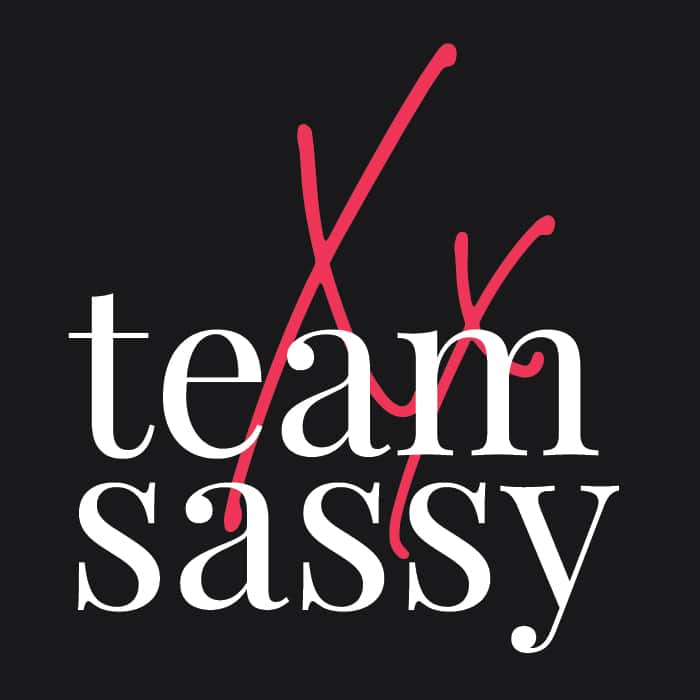The best takeaway in Hong Kong? Team Sassy weighs in with their favourite food delivery options.
Staying in might be the new going out, but that doesn’t mean we have to sacrifice our love of good food. So dining out after 6pm may be a no go, but luckily for us, many of the city’s restaurants, big and small, have takeout or food delivery services that enable us to continue our gourmet adventures in the comfort of our own homes. At a time when the hospitality industry is taking a huge hit, indulging in a takeaway fix is a great way to show some solidarity and support. Besides, who are we to say no to a night off from cooking?
With this in mind, we thought we’d share with you some food delivery inspiration, courtesy of Team Sassy. Keep reading to discover our favourite takeaways in Hong Kong.
Read more: An Updated Guide To Dining Restrictions In Hong Kong
Jump to:
Featured Takeaways
Team Sassy’s Favourite Hong Kong Takeaways
Featured Takeaways

Freshlane
Wish your favourite across-town restaurants delivered right to your doorstep? Keep a lookout for your nearest Freshlane location. Housing 20 to 30 different brands and cuisines in Sai Ying Pun, Wan Chai and North Point, you’re never too far from your favourite meal. With reliable favourites like Kale, Pololi and Seoul Bros, alongside exciting new offerings Dirty Burger and I Don’t Care Cart Noodles, your next tasty meal is just around the corner, literally! Have dishes delivered to your home through all major delivery platforms, or order direct and pick up fresh from the kitchen using their pick up platform.

Use discount code 50OFF for $50 off your next order of $150 or more. Offer valid for Freshlane pick up platform only, until Tuesday, 31 May, 2022.
Freshlane, various locations across Hong Kong, Facebook: Freshlane, Instagram: @freshlanehk, [email protected], www.freshlane.hk
Team Sassy’s Favourite Hong Kong Takeaways

11 Westside
Maura’s Pick
Why I love it: While 11 Westside is a favourite date night place of mine, I have to admit I am a true homebody at heart. So most of the time I enjoy its food from the comfort of my couch, complete with an episode of A Million Little Things.
My must-order dish: Always the Guacamole ($190). I have been known to eat the whole thing and leave nothing for my husband. We’re also fans of the Al Pastor Taco ($58) and Carne Asada Fries ($164), which usually both make their way on to our order.
Available for self-pick up, or delivery via Deliveroo and foodpanda.
11 Westside, 1/F, The Hudson, 11 Davis Street, Kennedy Town, Hong Kong, www.11westside.com
Indian Spices
Jess M’s Pick
Why I love it: Indian Spices has quickly become a go-to in our house. The meals are delicious, and there are some great deals and combo sets.
My must-order dish: Lamb Vindaloo ($125) and a side of Garlic Naan ($22).
Available for self-pick up, or delivery via Deliveroo and foodpanda. Alternatively, call the restaurant directly for free delivery around Sai Ying Pun.
Indian Spices, G/F, 43 High Street, Sai Ying Pun, Hong Kong, 2525 0740, Facebook: Indianspiceshongkong
Read more: The Best Indian Restaurants In Hong Kong
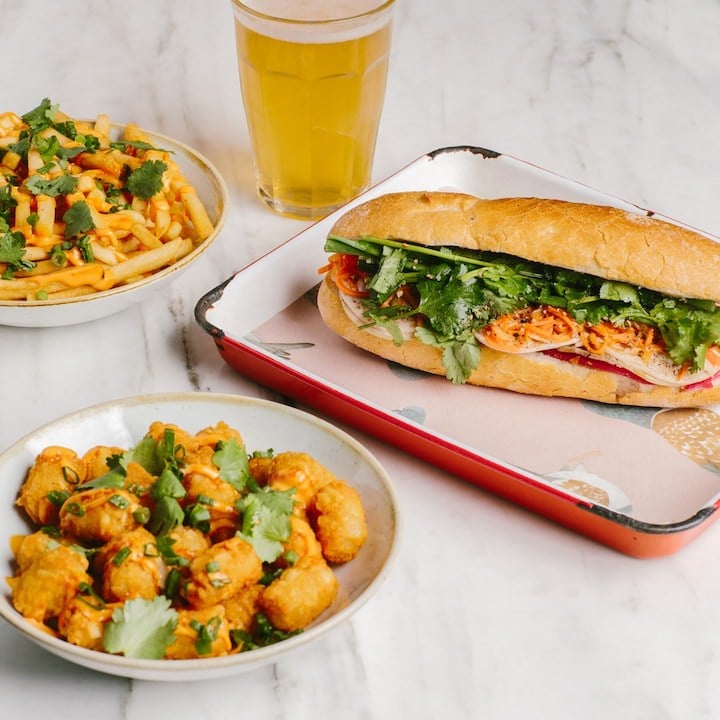
Le Petit Saigon
Daisy’s Pick
Why I love it: The Le Petit Saigon takeaway menu isn’t huge, but the selection it does have is really good. It has the best tofu bánh mì I’ve had outside Vietnam (and probably ever!). My advice? Don’t skimp on the sides, the Potato Gems (basically mini hash browns) come with a delicious spicy mayo dipping sauce. The whole experience is both flavourful and comforting at the same time.
My must-order dish: The Bánh Mì Chay (Tofu Bánh Mì, $98) with a side of Potato Gems With Spicy Mayo ($68).
Available for self-pick up, or delivery via Black Sheep GO.
Le Petit Saigon, 16 Wing Fung Street, Wan Chai, Hong Kong, 2455 2499, www.lepetitsaigon.com.hk
Hungry Korean
Why I love it: Hungry Korean is excellent value for money, as well as being super fresh and tasty. You can’t beat a good warm and satisfying soup with a helping of kimchi!
My must-order dish: Soft Tofu Soup ($62) with a side of Japchae ($50).
Available for self-pick up, or delivery via Deliveroo or foodpanda.
Hungry Korean, various locations across Hong Kong, hungrykorean.com
Read more: Hot New Restaurants Now Available On foodpanda

Chickpea HK
Nicole’s Pick
Why I love it: Chickpea is a great option for when you want something on the healthier side, but still need something filling and flavourful. They’ve also got some great combo deals for when you’re feeling particularly peckish.
My must-order dish: Their hearty Hummus Bowls always hit the spot, I usually go for the one with pulled beef ($108). If you’re ordering with a friend, I’d recommend adding on some Halloumi Saucy Fries ($88) to share.
Available for self-pick up or delivery directly – head here to order. Also available for delivery via foodpanda.
Chickpea HK, various locations across Hong Kong, www.chickpea.hk
Missy Ho’s
Mansha’s Pick
Why I love it: The food at Missy Ho’s is always fresh and warm when it arrives, and the taste is consistent whenever I order from here.
My must-order dish: My favourite is the Tempura Prawn Roll ($158).
Available for self-pick up (order here), or delivery via Deliveroo or foodpanda.
Missy Ho’s, G/F, 48 Forbes Street, Kennedy Town, Hong Kong, 2817 3808, casteloconcepts.com

Seoul Bros
Jess N’s Pick
Why I love it: My go-to for a treat day. The fusion flavours are always on point and, considering the generous portions, it’s great value for money too. I recommend ordering with a friend so you can go all out with the sides.
My must-order dish: Chicken Banh Mi ($58) with a side of Kimchi Fries ($45). I also love the Tteokbokki ($58), which comes with moreish bacon bits!
Available for self-pick up or delivery directly – head here to order.
Seoul Bros (Central), UG/F, 66 Hollywood Road (entrance on Elgin Street), Central, Hong Kong, 2793 5703
Seoul Bros (Wan Chai), LG/F, 218 Wan Chai Road, Wan Chai, Hong Kong, (entrance on 318 Hennessy Road), 2591 9978, www.seoul-bros.com
Paisano’s
Alex’s Pick
Why I love it: It’s not the most healthy choice but you can’t go wrong with a great pizza option. I don’t eat this everyday, of course, but this is my go-to comfort food in any situation – especially now! Paisano‘s is a tried-and-tested Sassy favourite; good selection, reliable taste and doesn’t break the bank either. Pizza perfect!
My must-order dish: I’m a regular “Four-Cheese” ($45 per slice) orderer every single time. On very special occasions, I might throw in a side of fries ($22) for an extra carb-overload once the baby is asleep.
Available for self-pick up or delivery via foodpanda.
Paisano’s, various locations across Hong Kong, www.paisanos.com.hk
Read more: The Best Pizza In Hong Kong
Other Ways To Support Your Favourite Restaurants
So your favourite restaurant doesn’t do takeaway or deliver to you because of where you live? Or perhaps it’s so small, delivery just isn’t an option. No matter, there are still plenty of other ways to show your support. If you feel comfortable doing so, stop by for lunch instead. Alternatively:
- How about buying a gift voucher for use in the future? You’ll be giving them some much needed revenue when it matters most and you’ll get to look forward to a tasty celebratory meal when this is all over.
- Head onto OpenRice, TripAdvisor or Facebook and leave a review for the bars and restaurants you love. We’re sure you rely on reviews as much as we do!
- Make an effort to engage with any content that your favourite venues are continuing to share on social media. The more likes and comments they get, the more likely they are to grab the attention of others who are able to order from them at this time.
Editor’s Note: This article was originally published in March, 2020, and was most recently updated in January, 2022.
Our “Featured” sticker indicates a paid partnership.
Hero image courtesy of Getty, image 1 courtesy of 11 Westside via Instagram, image 2 courtesy of Le Petit Saigon via Instagram, image 3 courtesy of Chickpea HK via Instagram, image 4 courtesy of Seoul Bros via Facebook.





 Eat & Drink
Eat & Drink



 Travel
Travel



 Style
Style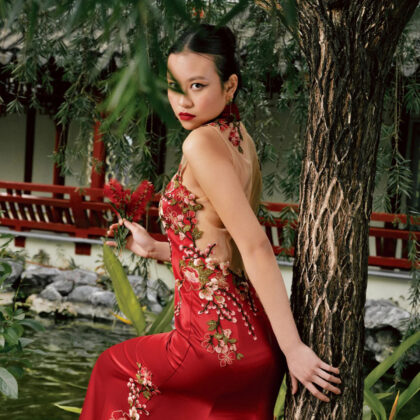



 Beauty
Beauty



 Health & Wellness
Health & Wellness


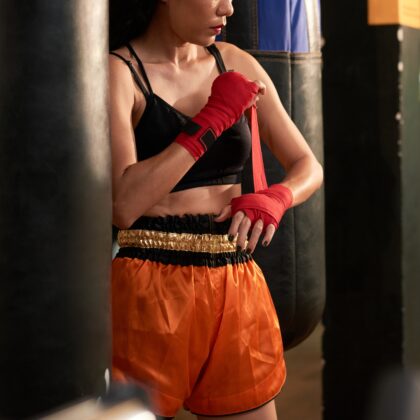
 Home & Decor
Home & Decor



 Lifestyle
Lifestyle
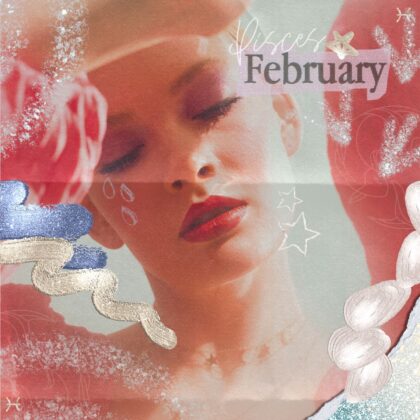

 Weddings
Weddings



